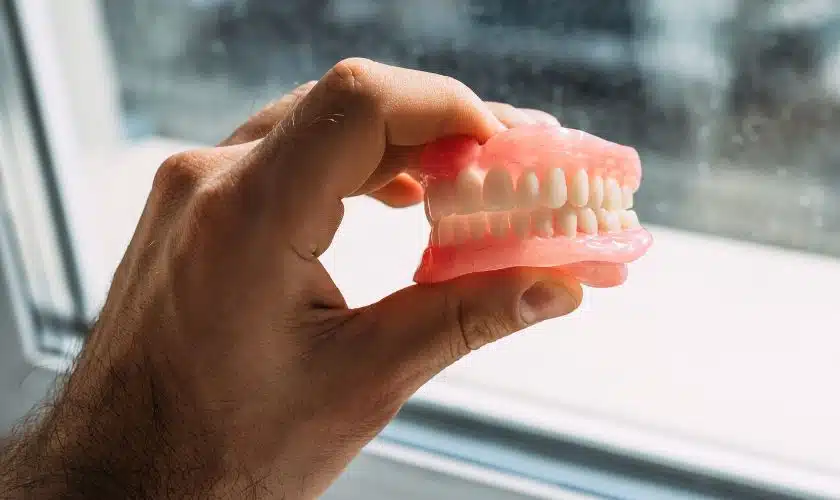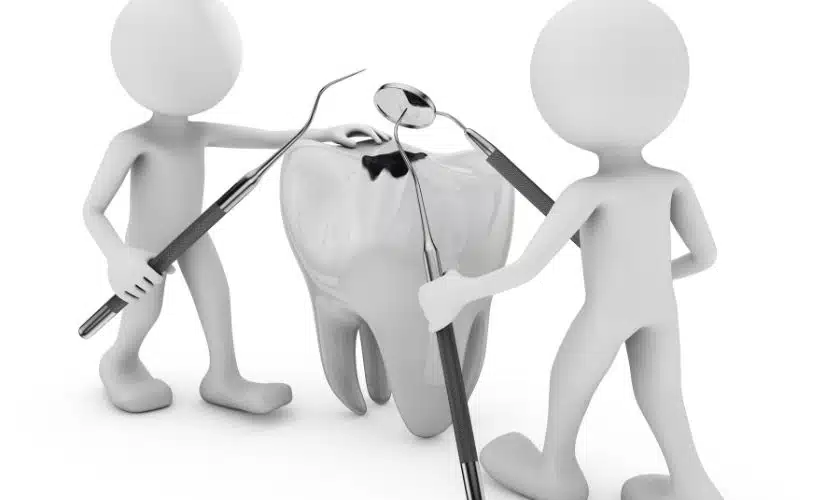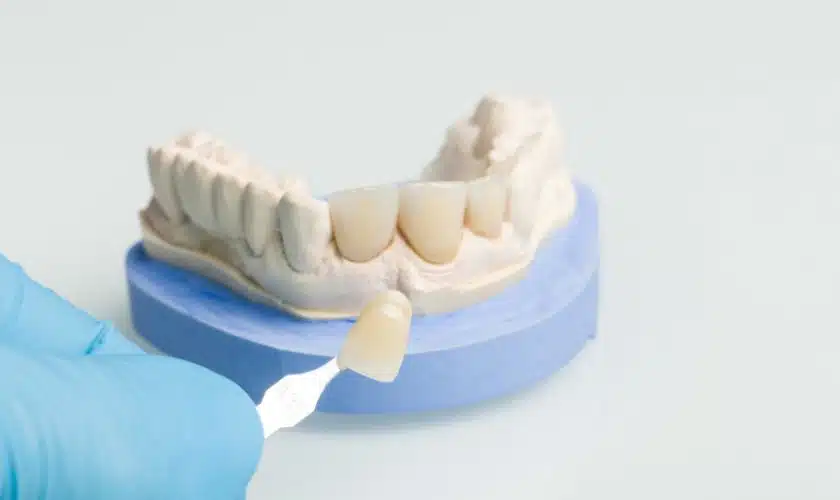
What Are the Most Natural-Looking Dentures?
Missing teeth can significantly impact your smile’s aesthetics and functionality. Fortunately, modern dentistry offers a variety of denture options to restore your complete smile and confidence. But with so many choices available, you might wonder, “What are the most natural-looking dentures?”
This blog post delves into the key factors that contribute to a natural-looking denture and explores the different types of dentures available, highlighting their advantages in achieving a realistic smile.
Factors Affecting the Natural Look of Dentures
Several aspects influence how natural your dentures will appear. Here’s a breakdown of the key considerations:
1. Material Selection: The materials used for the denture base and teeth significantly impact the final look. Traditional dentures often utilize acrylic resin for the base, which can mimic gum tissue reasonably well. However, higher-end options might incorporate porcelain teeth, known for their translucency and durability, closely resembling natural teeth.
2. Gum Tissue Color and Texture: Natural gums boast a unique blend of pink hues with subtle variations. A skilled dentist will carefully select the appropriate shade of acrylic to match your gum color, ensuring a seamless transition between the denture base and your gums. Additionally, advanced techniques can replicate the natural texture of gum tissue, further enhancing realism.
3. Tooth Shape, Size, and Color: Natural teeth exhibit a range of shapes, sizes, and color variations. A dentist will consider your facial features, remaining teeth (if any), and desired aesthetics when selecting the most suitable teeth for your dentures. Ideally, the teeth should be proportionate to your face and have subtle color variations to mimic natural teeth.
4. Custom Fit: A well-fitting denture is crucial for both comfort and aesthetics. A loose denture can slip and slide, appearing unnatural and causing discomfort. Conversely, a custom-made denture fits snugly against your gums and jawbone, creating a natural look and improved speech and chewing function.
Types of Dentures and Their Advantages
Now that we understand the key factors influencing denture aesthetics, let’s explore the different types of dentures and their potential for achieving a natural look:
1. Traditional Full Dentures: These dentures replace all teeth in either the upper or lower jaw (or both) and are crafted from acrylic resin. While they offer a cost-effective solution, achieving a highly natural look can be challenging due to limitations in material selection and customization.
2. Partial Dentures: Designed for individuals with some remaining natural teeth, partial dentures fill in the gaps where teeth are missing. They consist of a metal framework that clasps onto existing teeth for support and a plastic base with replacement teeth. Partial dentures can achieve a natural look, especially when the materials and tooth selection are carefully considered.
3. Implant-Supported Dentures: This type of denture utilizes dental implants surgically placed in the jawbone to provide superior stability and support. The dentures snap or clip onto the implants, offering a secure and comfortable fit. Additionally, implant-supported dentures often use porcelain teeth, known for their natural appearance. Due to the improved fit and high-quality materials, implant-supported dentures are considered the gold standard for achieving the most natural-looking smile.
Additional Considerations for Dentures
While achieving a natural look is essential, other factors need to be considered when choosing dentures. Here are some additional points to keep in mind:
1. Comfort and Functionality: Dentures should fit comfortably and allow you to speak and chew effectively. A well-fitting denture improves your quality of life and overall confidence.
2. Durability: Dentures are an investment, and you want them to last for many years. The materials used and your care routine will significantly impact their lifespan.
3. Cost: Dentures vary in price depending on the type, materials, and dentist’s expertise. Discuss your budget and expectations with your dentist to determine the best option for you.
If you’re considering dentures, scheduling a consultation with a qualified dentist is crucial. A dentist can evaluate your specific needs and recommend the most suitable denture type to achieve a natural look that fits your budget and lifestyle. They will also discuss the denture-making process, care, and maintenance, and answer any questions you may have.




